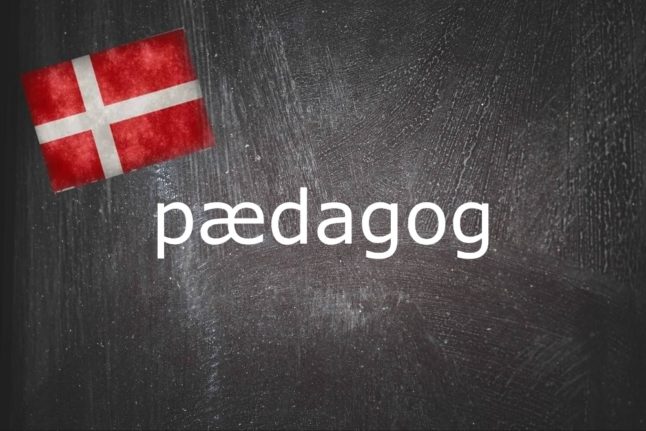What is helt på månen?
Broken down into individual words, helt is “completely”, på is an adverb usually equivalent to “on”, and månen is the definitive article of “moon”.
So the literal meaning of this phrase is “completely on the moon”.
A more natural way to say it in English might be “all the way to the moon” or “gone to the moon”, depending on the context in which it’s used.
Since going to the moon is a relatively uncommon event, it’s unsurprising that helt på månen is also an idiom. But it’s not the same as the English expression “over the moon” which is particularly popular in British sports punditry.
Helt på månen rather means “without sense or logic”. It can be used to describe a decision you agree with, or sometimes a performance: dommeren var helt på månen is loosely “the referee was all over the place”, which brings us nicely back around to sports.
Why do I need to know helt på månen?
Danish has several informal expressions used to mean something absurd or incomprehensible. As well as helt på månen, you can say something is langt ude or helt langt ude (“far off”) if you find it absurd, ridiculous or indefensible. So it seems there’s a link between something being very far away and it making little sense.
A popular Norwegian expression, helt Texas, has a similar meaning, although it seems to relate more to a physical situation than a concept or decision.
Although Texas is no closer to Denmark than it is to Norway, I’ve never heard a Dane say helt Texas.
Example
Det her regnestykke er helt på månen. Det går simpelthen ikke op.
These calculations are bewildering. They just don’t add up.
Did you know you get all our Danish words and expressions of the Day on our new app as soon as we publish them? It takes a few seconds to download the app at the Apple and Android stores, then you can select the “Danish Word of the Day” in your Notification options via the “User” button.



 Please whitelist us to continue reading.
Please whitelist us to continue reading.
Member comments